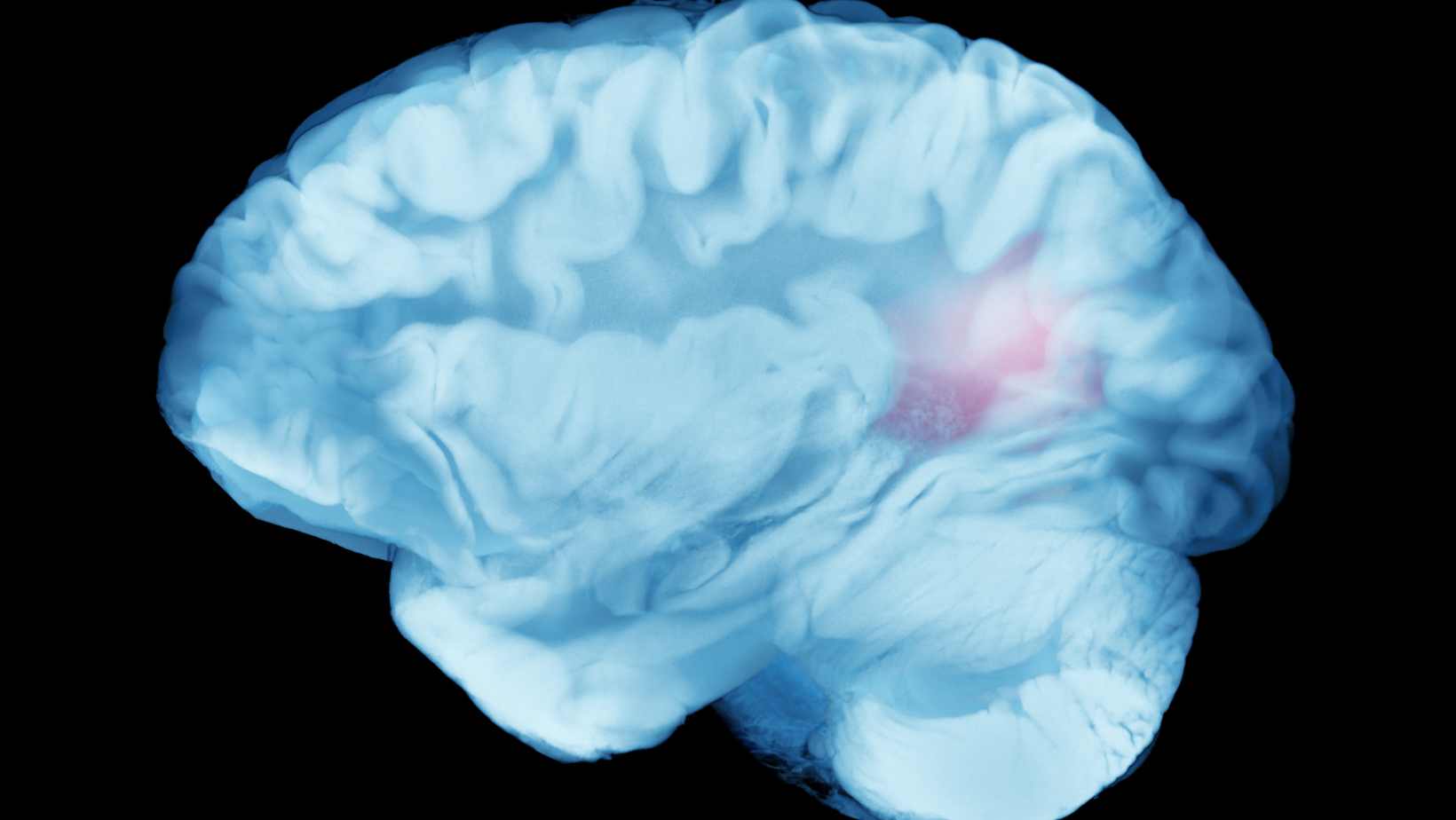Advancements and constant endeavors in medical science have made organ transplantation a familiar and life-saving procedure. Transplants of solid organs such as kidneys, hearts, and livers, as well as bone marrow, have become common.
In India, these transplants typically cost around 15-20 lakhs. However, while organ transplantation has gained success, is brain transplantation possible?
This blog will explore what brain transplantation really means, how close we are to making it real, the hurdles we face, and whether brain transplantation would be possible or not in the future.
Table of Contents
ToggleWhat is Brain Transplantation? Definition & Distinction
When we talk about brain transplantation, we are not talking about the more commonly known head transplant. The brain and the head are very different when it comes to this subject.
Brain vs. Head Transplant: Are They the Same?
This is where many people get confused. The term “head transplant” became famous when Dr. Sergio Canavero announced his plans for one. But it wasn’t a brain transplantation. Let’s break it down.
- A head transplant means moving an entire head, including the brain, eyes, and facial structure, onto a new body.
- A brain transplant means removing the actual brain and placing it into a completely different skull and body.
Dr. Canavero’s HEAVEN-GEMINI project was about head transplants, not brain transplantation. The actual task of removing and reconnecting a brain is much harder.
So, the answer to “is brain transplantation possible?” depends on how we define the process.
What Would a True Brain Transplant Involve?
If we try to imagine what a real brain transplantation would need, here’s what it would look like:
- The brain has to be carefully removed from its protective skull.
- Then, every blood vessel and nerve, including the spinal cord, must be reconnected in the new body.
- This includes over 100 billion neurons and 100 trillion synaptic connections.
Other major challenges include:
- Consciousness: Will the person still be the same?
- Lifespan: Can the brain survive outside its original body?
This is not like changing the battery of a device. It’s deeper, more complex, and filled with unknowns.
Brain Transplantation: What’s Real, What’s Hype?
The idea of brain transplantation is not new. Scientists have been testing related ideas for decades, though with limited success.
Notable Experiments and Theories
Some key attempts and ideas that led us to this point:
- In the 1970s, Dr. Robert White transplanted the head of a monkey onto another monkey’s body. It survived for a short time but was paralyzed.
- In recent years, mouse-to-mouse experiments have shown minor success in transferring brain tissue.
- Dr. Sergio Canavero claimed a successful head transplant on a corpse but never provided full scientific proof.
Though these experiments are interesting, none of them have proven whether brain transplantation would be possible or not with living humans.
Why Brain Transplantation is so Hard?
Here’s why it’s so hard:
- Spinal Cord Reconnection: The spinal cord cannot currently be rejoined once cut. Each nerve has to connect perfectly.
- Blood Supply and Immune Response: The new body may reject the brain like a foreign organ.
- Neuronal Connections: You can’t copy or paste 100 trillion connections.
- Consciousness Transfer: We still don’t know what exactly makes you “you.”
These reasons make us question: is brain transplantation possible?
Technological Progress Supporting This Field
Despite all the problems, technology is slowly making things easier:
| Technology | Role in Brain Transplantation |
|---|---|
| Neuralink & BrainGate | Help read and write brain signals |
| AI Neural Mapping | Maps how neurons connect |
| CRISPR | May help reduce immune rejection |
Still, we are far from solving the full puzzle.
Understanding Brain Plasticity and Aging
The brain is plastic, meaning it can learn and unlearn by creating new synapses and breaking down existing ones. However, the brain’s size doesn’t necessarily increase; it is always learning and changing. With age, the rate at which new synapses are formed slows down. Additionally, the quality of the repair function of these synapses declines. Therefore, the aging of the brain inevitably leads to lower learning ability and memory.
Can It Ever Be 100% Achievable?
This is the big question. Could we ever make brain transplantation work fully, without issues?
Scientific Challenges
Even if we dream big, science brings us back to earth:
- We cannot yet reconnect spinal nerves successfully.
- Immune rejection is a real threat, even in simpler organ transplants.
- There are high risks of memory loss or permanent brain damage.
So, from a medical view, brain transplantation would be possible or not remains uncertain.
Philosophical & Ethical Dilemmas
Even if we somehow made it possible, then what?
- Identity: Would you still be you in a different body?
- Legal Issues: Who owns the body now? Who is the person legally?
- Soul and Consciousness: Can they be moved like a USB file?
These questions don’t have clear answers.
The Role of AI and Quantum Neuroscience
Some hope lies in future tech:
- AI can help understand brain patterns better than humans.
- Quantum theories of the brain suggest new ways to think about thought and memory.
- One possibility is that we might upload brains digitally before we ever move them physically.
So again, is brain transplantation possible? Maybe not soon. But digital alternatives are rising fast.
The Future of Brain Transplantation
Some experts believe full head transplants, which include the brain, could be possible. One such surgeon, Dr. Bruce Mathew, has suggested moving the entire spinal column along with the brain, eliminating the need to attach the brain to the new spine.
As of today, no brain transplant has been conducted; thus, the cost of a brain transplant in India is not known. However, it would undoubtedly be expensive, given the numerous processes and skills required. Whether brain transplantation is possible is something we will discover over time. Ethical concerns also stand in the way of brain transplants becoming a reality. Some believe it could save lives, offering an alternative for those with healthy brains but terminal illnesses elsewhere in the body. Others argue it goes against human nature.
We may not be ready for a true brain transplantation, but that doesn’t mean brain science is stuck. Let’s look at what could come next.
Alternatives to Brain Transplantation
Instead of full brain transplantation, scientists are exploring other ways:
| Alternative | Description |
| Whole Brain Emulation (WBE) | Copy your brain into a computer simulation |
| Consciousness Transfer | Transfer your thoughts into an AI system |
| Stem Cell Brain Repair | Regrow damaged brain parts using your own cells |
These options may solve the same problems that brain transplantation tries to solve, without moving the brain.
Predictions by Futurists and Neuroscientists
Let’s hear from the visionaries:
- Ray Kurzweil: Says we’ll reach “singularity” by 2045, when AI can fully model the human brain.
- Michio Kaku: Talks about a future where we upload our minds and live forever in digital form.
Some cost estimates say that if brain transplantation tech ever existed, it could cost $10–$50 million per surgery. That puts it way beyond reach for most people.
Also, the Human Connectome Project is mapping every brain connection. This could be key to even understanding is brain transplantation possible?
What Does This Mean for You?
If you came here wondering whether you could one day live forever in a different body, the answer is: not yet.
While brain transplantation sparks curiosity, we are nowhere near making it happen. We face massive medical, ethical, and technical problems. Even so, this topic helps us ask better questions about who we are, how our brains work, and what makes us human.
Dr. Chandril Chugh and his team believe in exploring the edge of science with caution and care. If you have deep questions about neurological health or nerve disorders, don’t wait.
Book a direct consultation with Dr. Chugh to get answers grounded in real science.
External Resources:
- National Institute of Neurological Disorders and Stroke
- American Association of Neurological Surgeons
Conclusion
Brain transplantation, while a fascinating concept, is still far from being realized due to significant technical, biological, and ethical challenges. The advancements in medical science have brought us closer to this possibility, but much work remains to be done. As we continue to explore and push the boundaries of what is possible in medicine, brain transplantation remains a topic of both intrigue and caution.
FAQs on Brain Transplantation
1. Is brain transplantation possible with today’s science?
No, not today. There is no known way to reconnect the spinal cord or avoid immune rejection after full brain removal. It’s still theoretical.
2. Has anyone ever had a successful brain transplant?
No. Experiments with head transplants have occurred in animals, but none with the human brain. Also, none resulted in a fully functioning subject.
3. Is it more likely we will upload our brains instead?
Yes. Tech experts and neuroscientists suggest that we may copy or emulate the brain digitally before we ever move it physically.
4. What are the biggest risks in brain transplantation?
The biggest risks are immune rejection, failure to connect the spinal cord, and loss of memory or self-awareness. These are unsolved challenges.
5. Can Dr. Chugh help me with brain-related concerns?
Absolutely. While brain transplantation is not yet real, Dr. Chandril Chugh helps patients every day with neurological problems like stroke recovery, migraine, memory loss, and chronic pain. Book a consultation today.
Also Read

Dr Chandril Chugh
Dr. Chandril Chugh, a renowned American Board-Certified Neurologist, is just a click away. With years of global experience, he offers trusted neurological guidance online.
→ Book a consultation to discover which remedies suit your needs best.





